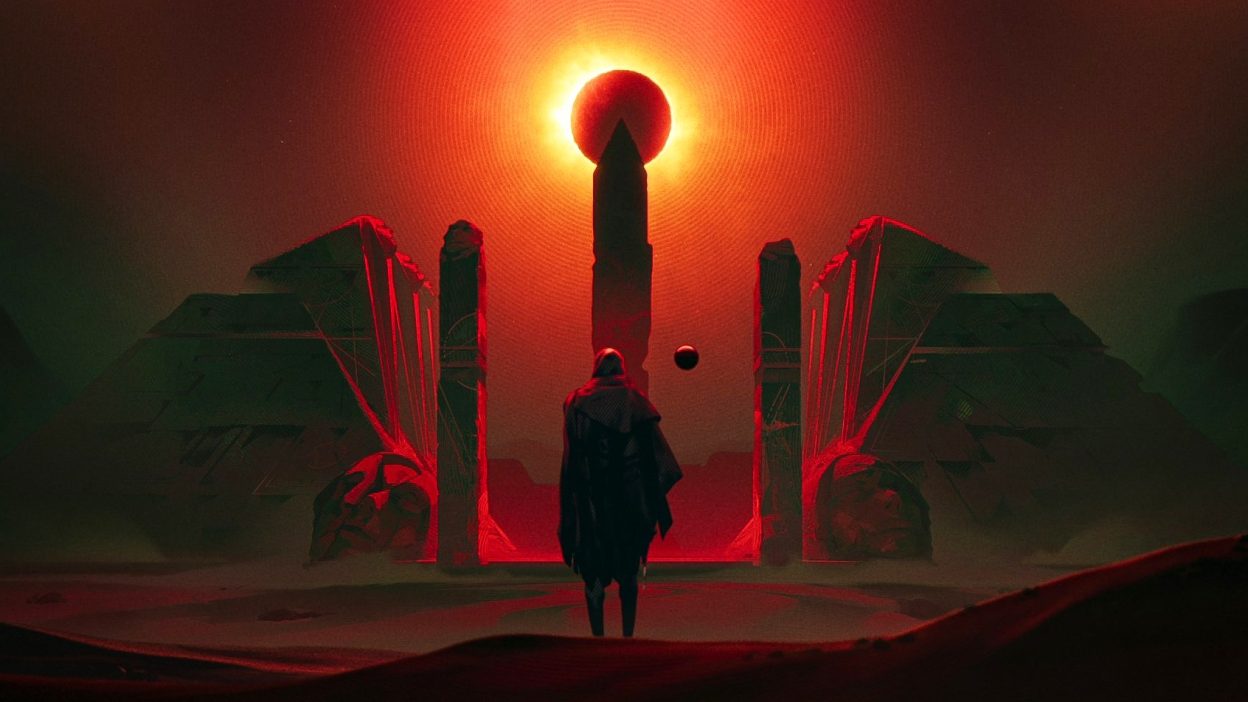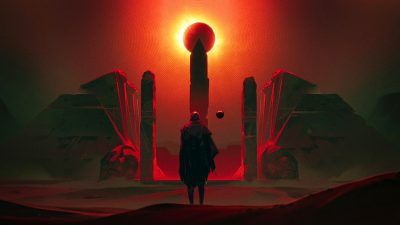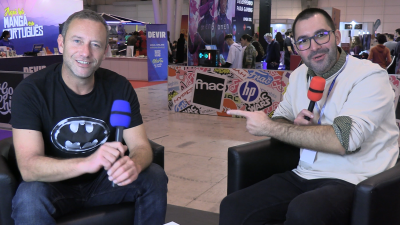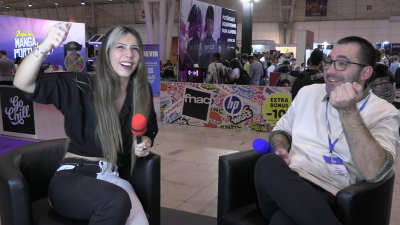An anthology for videogame fans with some great examples on how on how to tell stories
I was kindly provided with early screeners of Secret Level by Amazon MGM Studios prior to its official launch.
When Secret Level was announced, I was cautiously optimistic. The idea of an animated anthology inspired by iconic video game franchises was ambitious, and the involvement of Tim Miller (Love, Death & Robots) raised my expectations. After watching the series, I find myself in the middle ground: it’s an imaginative celebration of gaming culture, but not without its stumbles. Some episodes soar, while others feel weighed down by uneven writing or overly safe storytelling.
What makes Secret Level a standout effort is its willingness to experiment, even if not every gamble pays off. Each of the 15 episodes is based on a beloved game, and the visuals are undeniably impressive. However, as a whole, the series struggles with tonal consistency and narrative depth.
Writing and Directing

I think the writing of Secret Level is both its greatest strength and its most glaring weakness. The anthology format allows each episode to explore unique narratives and themes, but not all are executed with equal finesse. The strongest episodes (The Forge of Souls, Elysium’s Fall, and Echoes of Warhammer) stand out for their depth and willingness to tackle philosophical or emotional themes. In these, the characters are well-drawn, the pacing is deliberate yet gripping, and the dialogue feels authentic to both the video game source material and the story being told.
However, other episodes, like Pac-Man: Ghost Protocol and Pixelated Love, fall short because their scripts rely too heavily on gimmicks or surface-level storytelling. In the case of Pac-Man, the hyperviolent reimagining of the character feels gratuitous rather than meaningful, while Pixelated Love struggles to find emotional resonance in its otherwise charming concept. It feels as though the writers were unsure whether to prioritize fan service or universal appeal, and this indecision is evident in the uneven quality across the series.
The directing, on the other hand, is consistently excellent and a true highlight of the series. Each episode has a distinct visual style that immerses the viewer in its respective game universe. For example, The Path of Sifu captures the frenetic energy and precise choreography of martial arts combat, while The Forge of Souls envelops viewers in a hauntingly atmospheric world of despair and determination. The directors seem to understand the essence of each game and translate it visually, which is no small feat.
What struck me most was how the directing often elevated weaker scripts. Even when the writing faltered, the visual storytelling was strong enough to keep me engaged. For instance, Chronicles of Calradia may have dragged in terms of narrative pacing, but its rich medieval landscapes and dynamic camera work made it visually captivating. Similarly, the satirical tone of The Hero’s Tale might not have landed for everyone, but its vibrant art style and clever visual gags gave it a charm that kept me watching.
In my opinion, the true genius of Secret Level lies in its ability to marry the visual language of video games with the art of filmmaking. The directors clearly respect their source material but are unafraid to push creative boundaries. This balance is particularly evident in episodes like Elysium’s Fall, where the cinematography and lighting enhance the story’s exploration of humanity and identity.
Ultimately, the writing and directing together create a tapestry of stories that range from transcendent to merely passable. While I believe the series would benefit from a more consistent writing team, the directing remains a testament to the potential of video game-inspired storytelling.
Final Thoughts
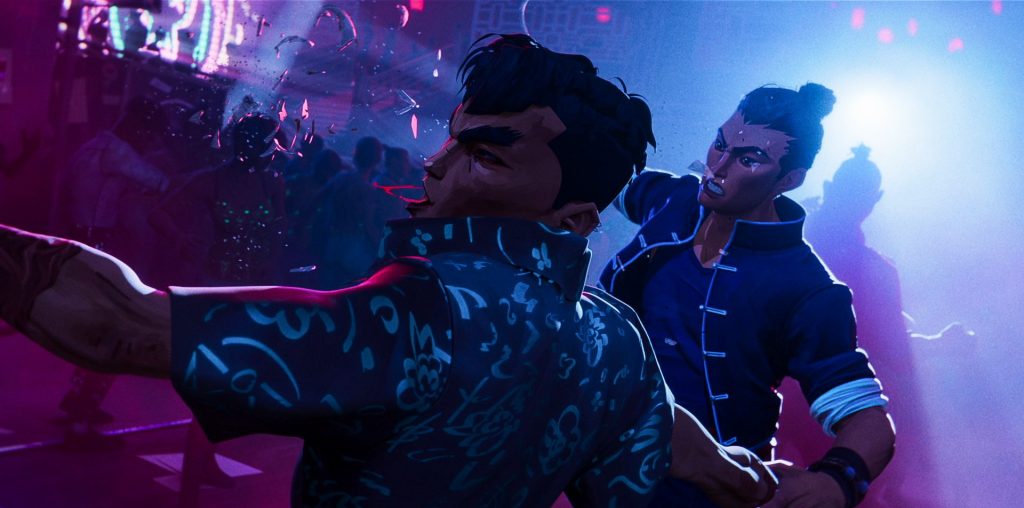
In my opinion, Secret Level is a fascinating but flawed series. It dares to experiment with narrative and visual styles, often stepping into uncharted territory for video game adaptations. At its best, the series delivers profound, emotionally resonant episodes that honor the spirit of their source material while offering something new. Episodes like The Forge of Souls and Elysium’s Fall are prime examples of how video game storytelling can transcend its medium to create deeply moving cinematic experiences.
However, the series is not without its shortcomings. The inconsistency in writing means that some episodes feel underdeveloped or overly reliant on spectacle. This unevenness is frustrating, especially because the anthology format offers so much potential for variety and creativity. I found myself wishing that every episode could match the emotional depth of The Forge of Souls or the philosophical intrigue of Elysium’s Fall.
Despite these flaws, I believe Secret Level is a step in the right direction for video game-inspired storytelling. It’s a series that takes risks, and while not all of them pay off, the effort is commendable. For fans of video games, the series offers a unique opportunity to see beloved franchises reimagined through the lens of animation. For general viewers, it provides an entry point into the rich worlds of gaming, though it may not always resonate as deeply without prior knowledge of the source material.
In conclusion, Secret Level is an ambitious, visually stunning series that highlights the potential of video game adaptations. While it may not always hit the mark, its best episodes showcase the power of storytelling to bridge the gap between games and cinema. I hope this series paves the way for more thoughtful, creative adaptations in the future.


